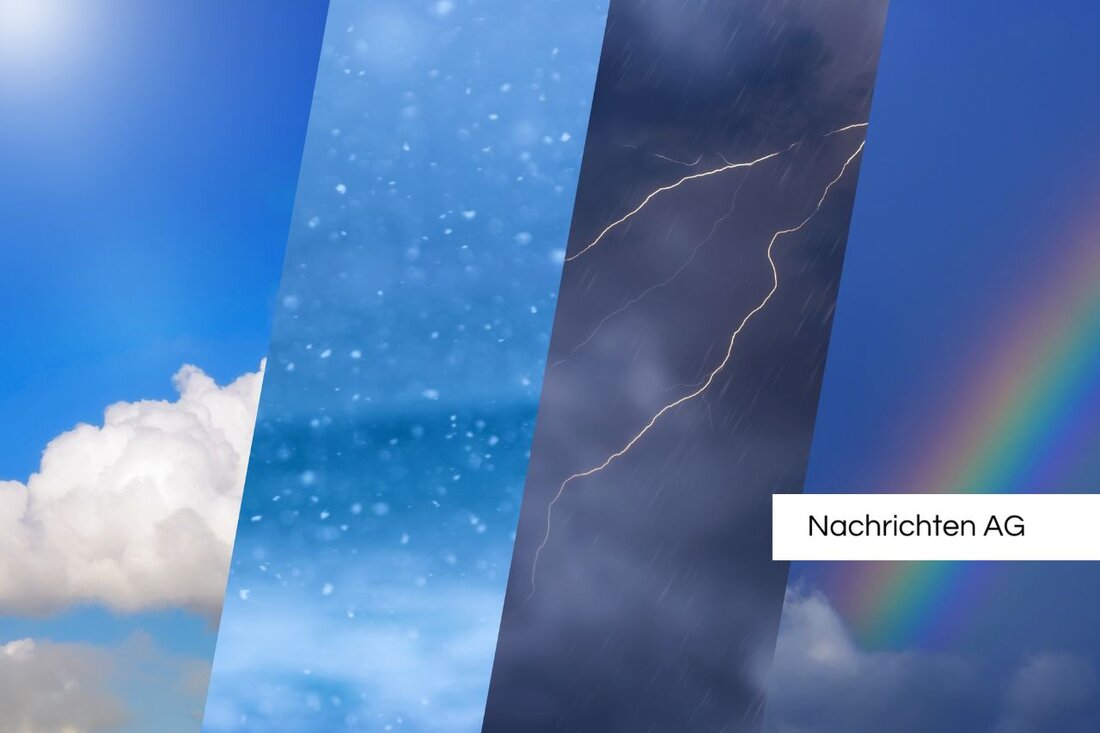Vacation in danger: heat and fire alarm Austrian travelers!
Austrian travelers express concern over heat wave and fires in southern Europe. Safety information and current situation.

Vacation in danger: heat and fire alarm Austrian travelers!
In many regions of southern Europe, a heat wave is causing great concern for people. Current temperatures over 40 degrees Celsius and accompanying forest fires are making holiday plans a misery. Italian, Spanish and Greek cities, which are faced with extreme weather conditions, are particularly affected. Austrian holidaymakers at Vienna Airport are also expressing concern about the situation in these countries, as [oe24] reports.
In a survey at Vienna Airport, a mother stated that she was afraid of the fires in southern Europe and would possibly start her trip earlier if the situation worsened. Meanwhile, a father explains that he is not worried about the safety of his travels. Many people are currently flying to Mallorca, where the heat wave has particularly reached its peak. A younger traveler affirms that the heat does not scare him, while an older gentleman wearing a sun hat emphasizes that his destination is currently spared from fires.
Extreme temperatures and warnings
The heat wave is already having a significant impact on the population. In Italy, 23 cities are affected by the highest warning level, and Rome recently recorded 41.8 degrees. The alert level is also high in Spanish regions, especially in Mallorca, where temperatures reached up to 45 degrees. Many people are concerned about the health risks of these extreme temperatures, including the risk of sunstroke and heat stroke. [Tagesschau] refers to the urgent warning from the WHO, which recommends protective measures such as adequate hydration and avoiding exertion during the hottest hours.
In Greece, where violent fires have been raging near Athens since Monday, numerous towns have to be evacuated. These fires are caused by the ongoing drought and strong winds and have already led to several deaths, as [ZDF] reported. City authorities have converted public buildings into cooling havens and are advising citizens to exercise caution during the extreme heat wave. Older people and weakened people are particularly at risk in this situation.
Health effects
The high temperatures can cause dangerous heat stroke within 10 to 15 minutes. The symptoms of such a condition are complex: from dizziness and psychological crisis to impaired consciousness. Thomas Giannoulis, a cardiologist, advises protecting vulnerable groups in particular. In many cities it can be observed that the number of medical calls is increasing due to the effects of heat. The Robert Koch Institute and other health authorities also warn about the long-term dangers of heat waves.
The situation is also a sign of increased climate change, reflected in more frequent and intense heat waves. Within the EU, numerous people have already had to leave their homes due to such natural disasters, which underlines the need for long-term heat protection concepts and active climate protection. Given these developments, it is crucial to take both individual and societal action to address the challenges of climate change.

 Suche
Suche
 Mein Konto
Mein Konto
